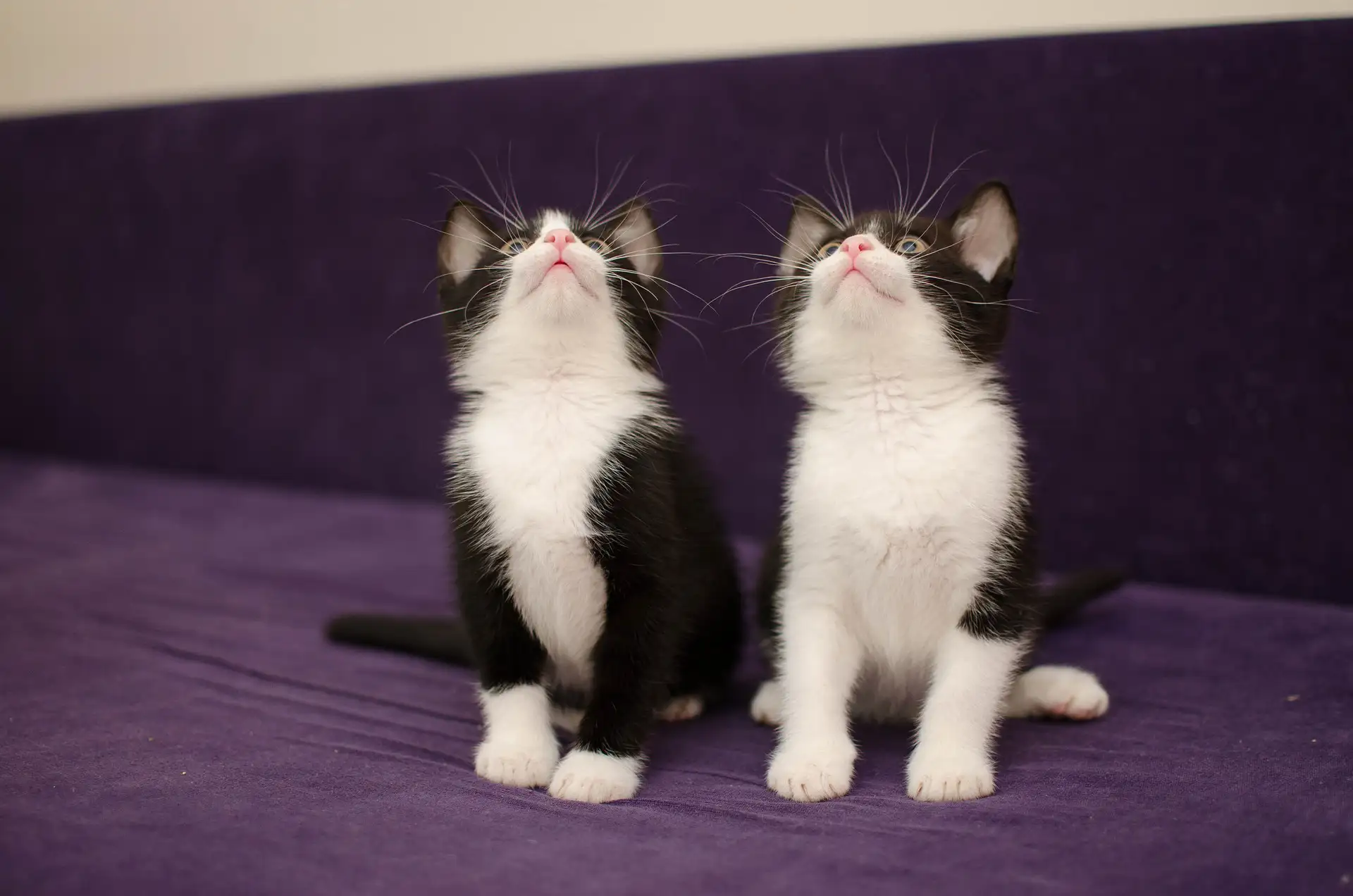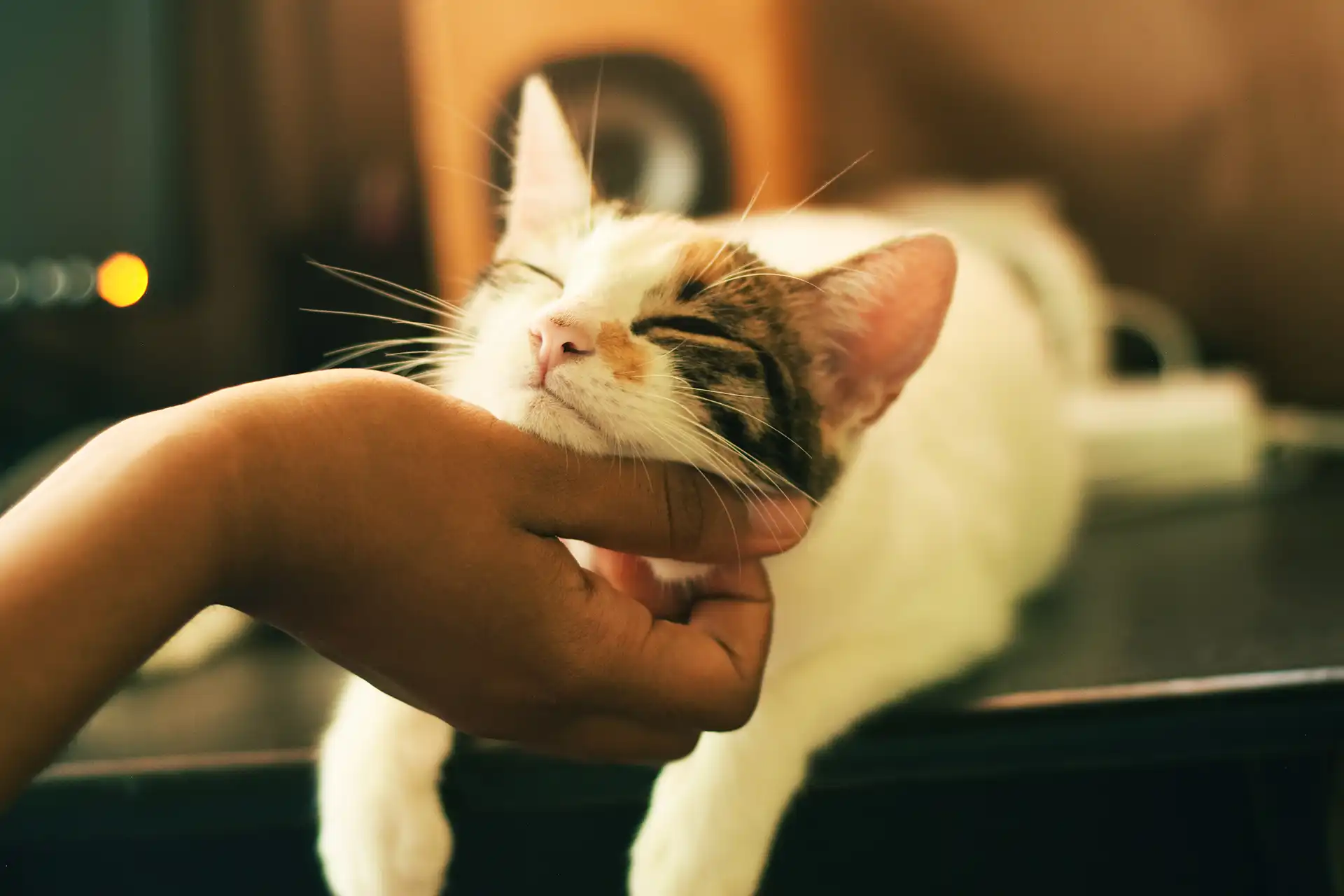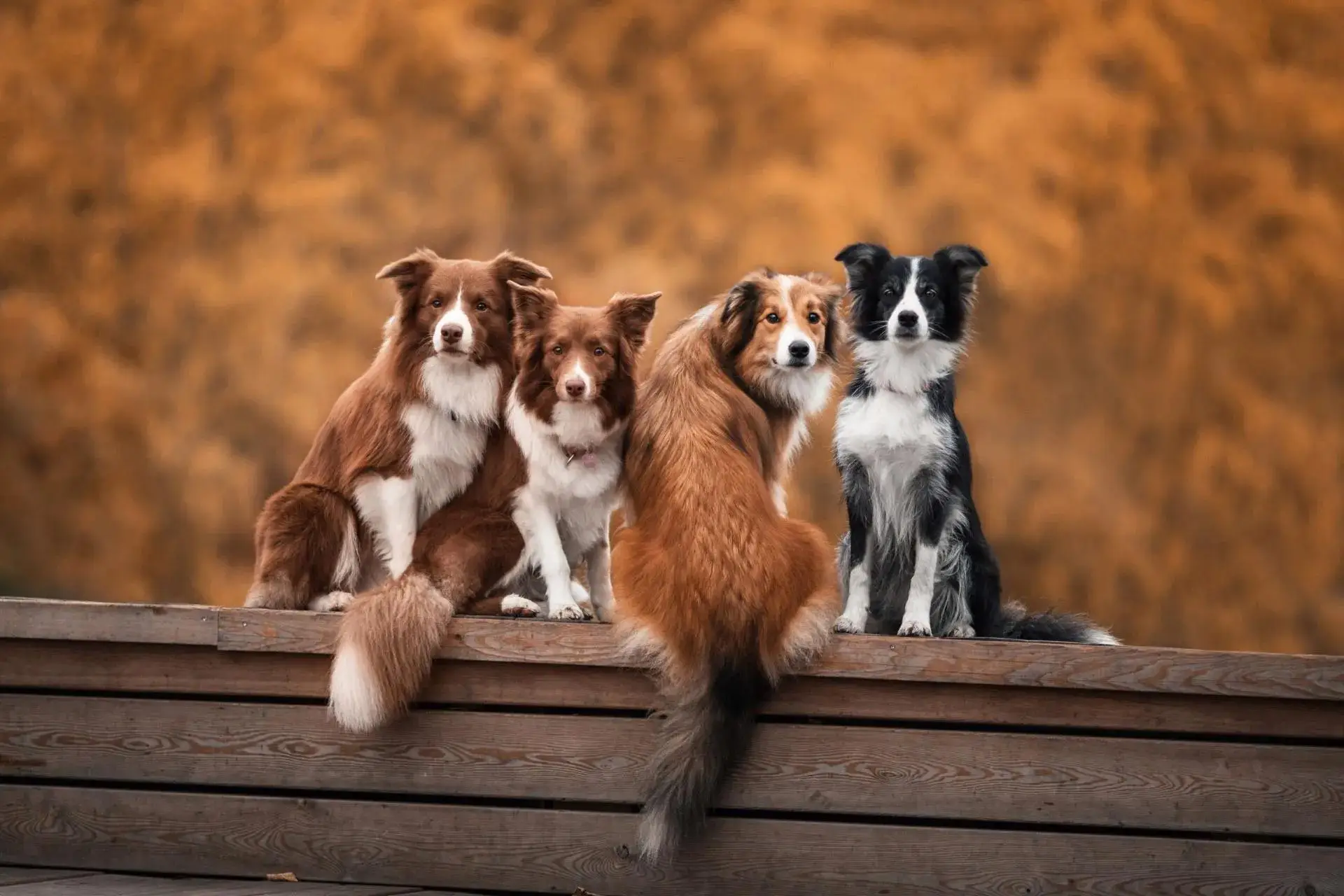Pet Obesity
October 9th is Pet Obesity Awareness Day! Of course, the point here isn’t to tell your pet that they’re obese: Fluffy and Fido will probably just yawn and look at their food bowl hopefully. Many of our furry patients have their humans trained to feed them on demand … which is part of the problem. Here, a Burlington, ON vet discusses pet obesity.
Dangers
Obesity is just as bad for pets as it is for people. Obese pets face some serious health risks, such as heart disease, diabetes, liver and kidney issues, and reproductive problems. Those extra pounds also contribute to and/or aggravate painful bone/joint problems, like arthritis. They can even shorten your furry friend’s lifespan!
Causes
It probably won’t be very surprising to learn that diet and activity play the biggest roles in determining your pet’s weight. However, genetics, age, and medical issues can also cause obesity. If you aren’t quite sure why your four-legged buddy is getting chubby, consult your vet.
Is Your Pet Obese?
Sometimes, it’s obvious that a pet is, well, pudgy. In other cases, especially with pets that have thick fur, it isn’t always so simple. If you aren’t sure where your pet falls, ask your vet. However, there is a quick test you can try at home. Feel your pet’s sides. Can you can easily feel both ribs and muscle? They’re likely near their ideal weight. If their ribs are protruding, they may be underweight. If you can’t feel them at all, or can just barely feel them, your four-legged pal could probably stand to drop some pounds.
Keeping Pets Active
Just like people, pets need proper activity. For dogs, this will depend on Fido’s age, weight, size, and health. A Chihuahua may only need a short walk, while a Golden Retriever may need over an hour of vigorous activity. Ask your vet for specific advice. As for Fluffy, well, you probably won’t fare very well trying to get her to do stair runs. Offer her lots of toys, and play with her daily.
Feeding Tips
Make sure your pet is eating a proper diet. Portion control is very important here! Even giving your furry pal a few calories too many each day can make them gain weight. Ask your vet for recommendations, including portion control and suitable treats.
Please contact us, your Burlington, ON vet clinic, anytime. We’re happy to help!




